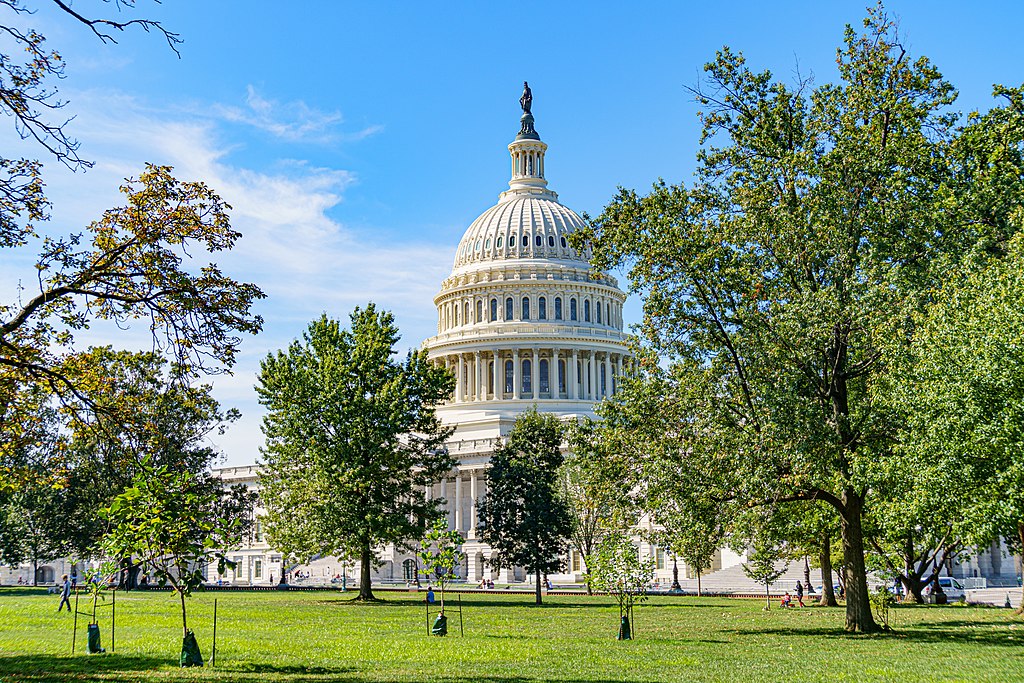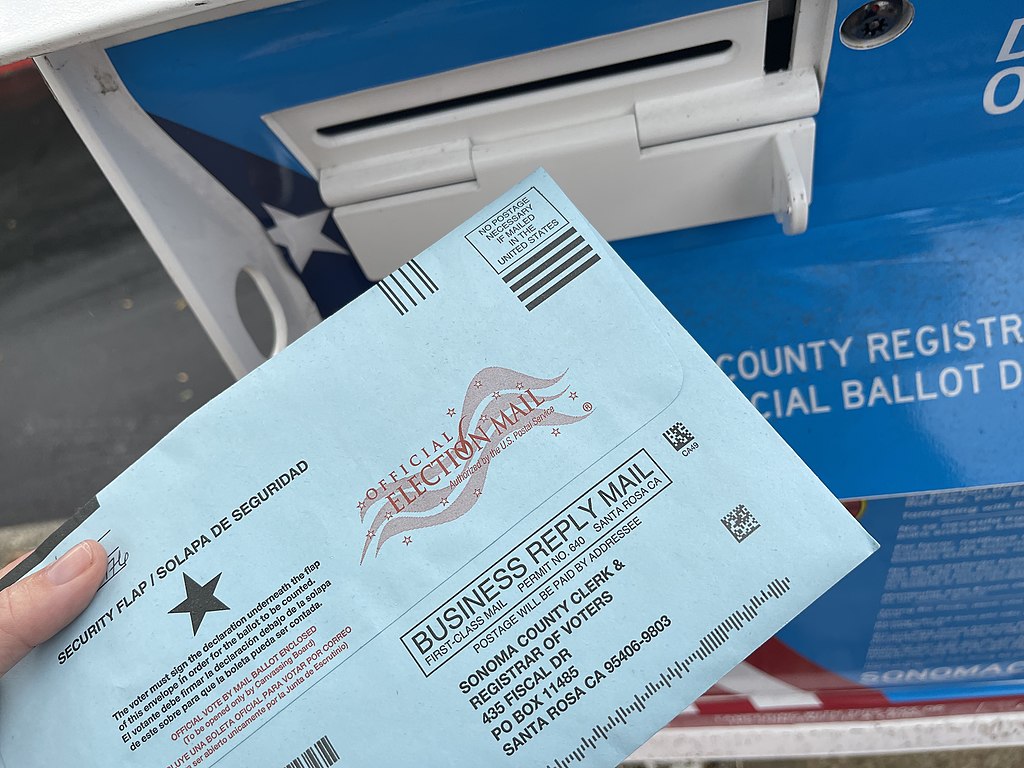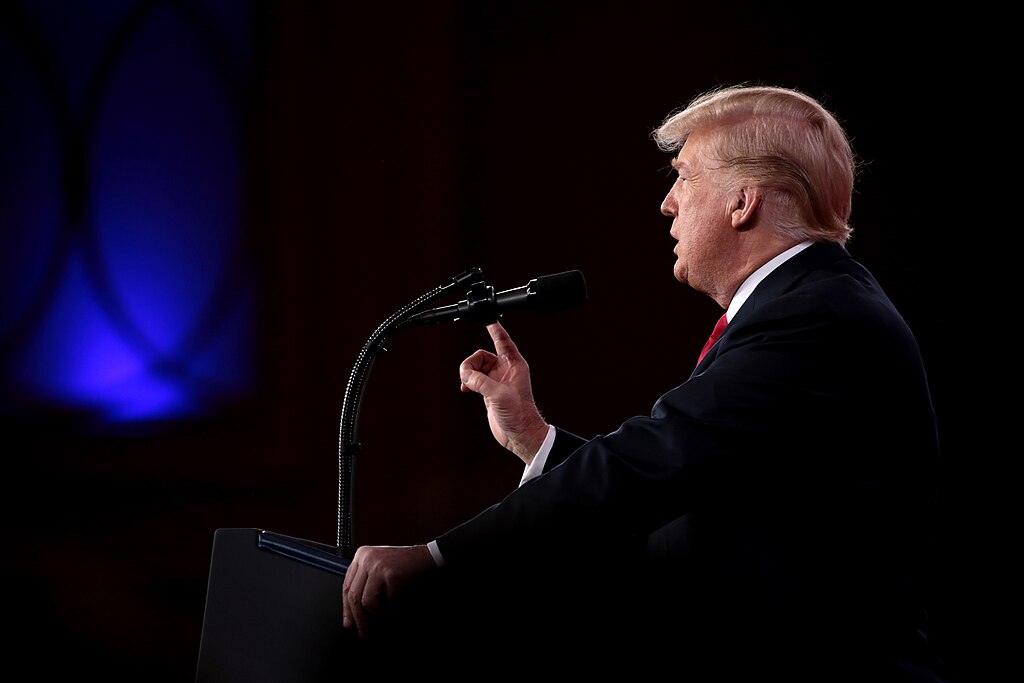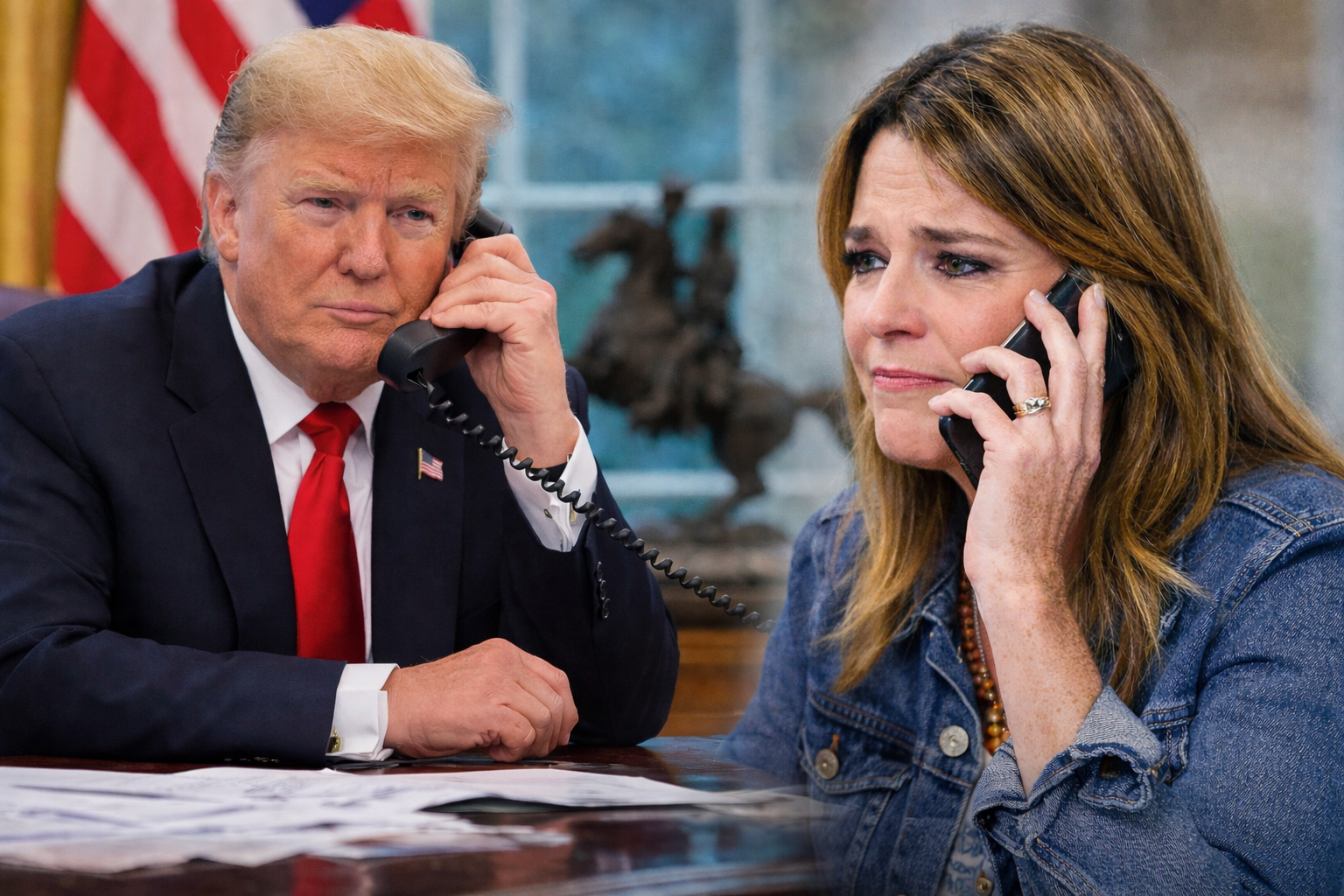Senator are moving toward a final vote on President Donald Trump’s “Big, Beautiful Bill” but first must go through the marathon vote-a-rama session.
Lawmakers wrapped up several hours of debate on the megabill that began Sunday afternoon and petered out early Monday morning. The next hurdle is the marathon “vote-a-rama,” when lawmakers on either side of the aisle can submit an unlimited number of amendments to the bill.
Senate Republicans will use the time to further change and mold the bill to sate holdouts, while Democrats will inflict as much pain, and burn as much time as possible, with amendments designed to kneecap or outright kill the legislation.
Senate Democrats railed against the bill for its slew of changes to Medicaid, green energy tax subsidies and how the bill, particularly its design to make Trump’s 2017 Tax Cuts and Job act permanent, would balloon the federal deficit.
Republicans lauded the “big, beautiful bill” for the growth it could supercharge in the country, and in particular, how important it was to prevent the president’s first-term tax cuts from lapsing.
“I say to everybody in America who’s been hearing all of the politics of fear, about what we’re doing here and running up the deficit, [they] need to remember that only in Washington, D.C., is the refusal to raise your taxes an increase in the deficit,” Senate Finance Committee Chair Mike Crapo, R-Idaho, said. “And we’re not going to let that happen.”
Sen. Lindsay Graham (R-S.C.) also went to bat for the GOP’s planned cuts to Medicaid, which they have presented as efforts to root out waste, fraud and abuse in the program by instilling work requirements, booting illegal migrants off the benefit rolls, and making changes to just how much the federal government would pay states.
He argued that since former President Barack Obama’s Affordable Care Act became law, Medicaid has grown exponentially, largely because Obama “incentivized” states to opt in to the Medicaid expansion program and allowed for able-bodied working-age adults to get onto the benefit rolls, something he noted that Medicaid was “never intended” to do.
“It’s a good thing for the individual involved to be working,” he said. “It’s a good thing for the taxpayer, for them to be working. But that seems to be a crime on the other side, to ask somebody to work that can work.”




